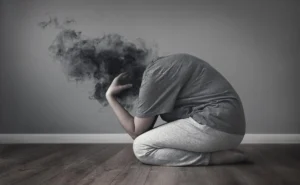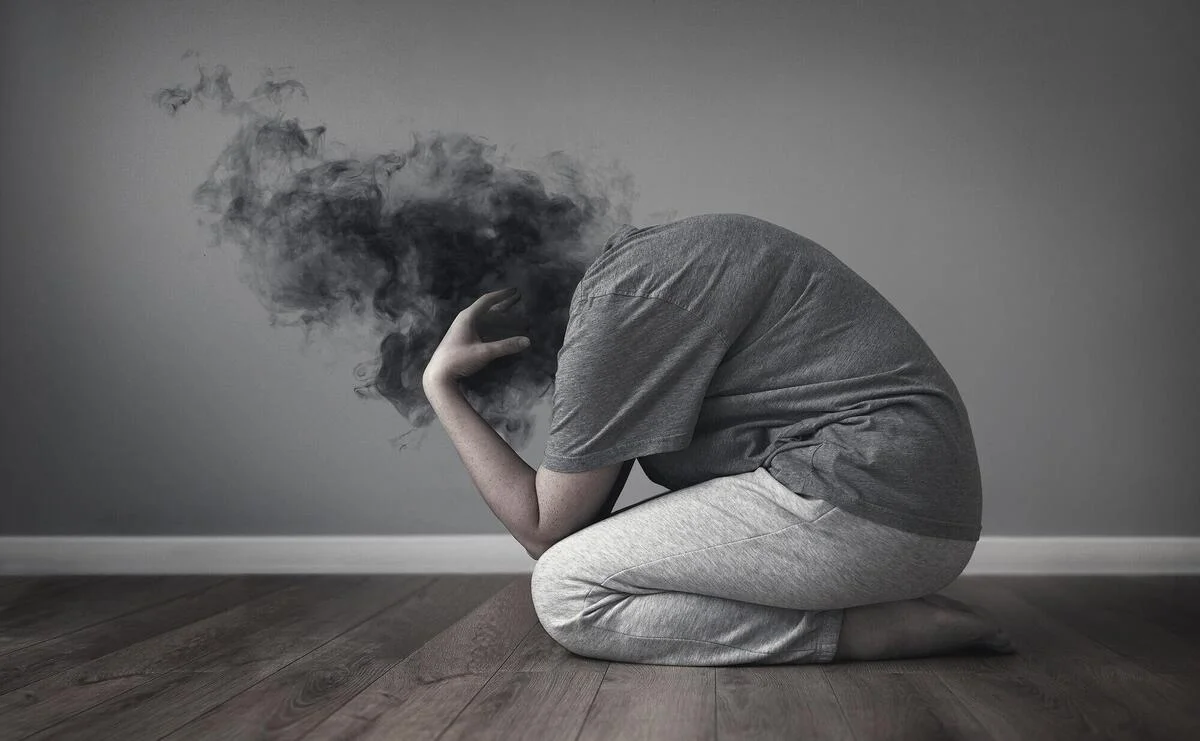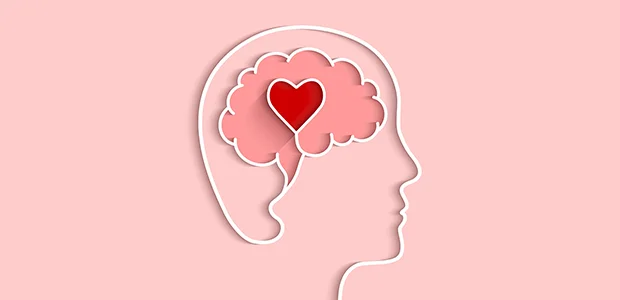
When it comes to mental health, many of us imagine major lifestyle changes or reliance on medications. However, author James Clear’s concept of “atomic habits”—small, gradual changes—suggests that these minor steps can lead to significant improvements in mental well-being over time. By focusing on manageable actions like light therapy, mindfulness, daily exercise, and nutritional adjustments, we can take ownership of our mental health in a sustainable way. This article explores why mental health should be viewed as a spectrum that can be improved with consistency, and how small habits can make a meaningful difference. Read more about the topic of Atomic Habits for Mental Health.
Reevaluating Mental Health with a Scalable Approach
Many of us view mental health disorders like anxiety and depression as fixed, lifelong traits. However, mental health exists on a spectrum and can fluctuate based on our behaviors and environment. Small, manageable adjustments to our routines can positively affect our mood and build resilience over time.
Main Learning Points
- Mental Health as a Continuum: View mental health as flexible and manageable with the right behaviors, rather than permanent.
- Strength of Small Changes: Small steps are easier to maintain and can accumulate to enhance well-being.
- Focus on Low-Hanging Fruit: Starting with simple, enjoyable changes makes the journey more sustainable.
- Daily Habits Matter: Adopting daily exercise, a balanced diet, and good sleep habits can significantly improve mental health. These small actions provide practical approaches for those feeling overwhelmed by mental health challenges.
How Small Changes Impact Mental Health
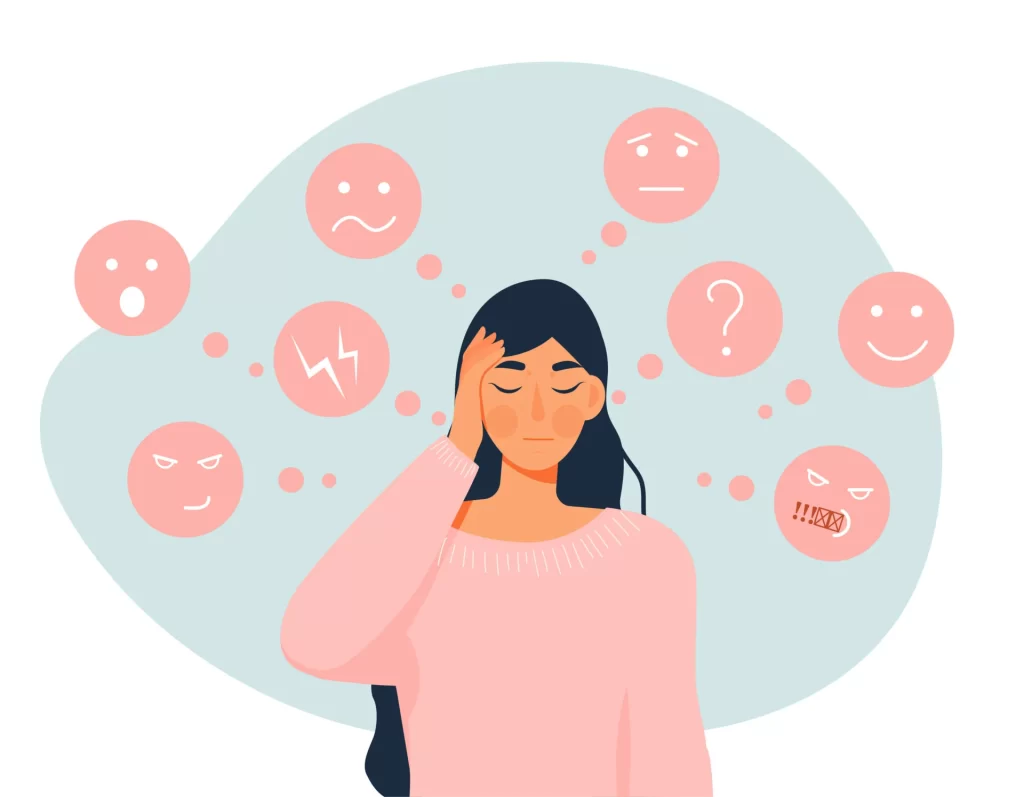
Inspired by James Clear’s concept of Atomic Habits, we understand that success is often the result of many small actions rather than a single large one. A one-percent improvement each day can compound into substantial effects over time, and smaller adjustments are often easier to maintain because they don’t require drastic lifestyle changes.
Small Adjustments for Mental Health
- Daily Movement: Regular activity—even a short walk—can help alleviate symptoms of anxiety and depression. Studies reveal that over 75% of individuals who exercise daily report improved mood and mental clarity.
- Light Therapy: Exposure to natural sunlight or light therapy lamps has been shown to be as effective as antidepressants for some individuals.
- Mindfulness Practices: Simple mindfulness exercises, like paying attention to your breathing while driving, can reduce stress and increase awareness.
- Healthy Diet: Research shows that individuals who prioritize a healthy diet have up to a 35% lower risk of depression.
These small, consistent changes may seem simple, but they add up over time to greatly improve mental health.
Applying Effective Changes: Ideas and Methods

To implement these small modifications successfully and make them last, start with some foundational strategies:
1. Start with the Easiest Changes
- The simpler a new habit is to begin, the more likely you are to stick with it.
Low-Hanging Fruit Activities
- Choose activities that require little effort, such as a short walk, adding a vegetable to meals, or taking a moment each day to express gratitude.
- Opt for enjoyable routines rather than forced ones, so the change feels exciting instead of burdensome.
2. Establish Supportive Systems
- Having a structure or framework helps you stay on track. Tools like habit trackers are especially helpful for consistency, as they let you monitor progress and stay motivated.
Tips for Tracking Progress
- Track daily improvement to foster accountability and a sense of accomplishment.
- Schedule regular times for new behaviors, such as morning light therapy or a quick meditation session.
3. Embrace Accountability
- Accountability keeps you focused. Whether it’s through a support system, habit tracking, or setting reminders, accountability reinforces new behaviors.
Tips for Building Accountability
- Share your goals with friends or family members who can offer support and check in on your progress.
- Remind yourself why you’re making these changes. A daily journal or log can reinforce your commitment.
Simple Steps for Mental Health Improvement
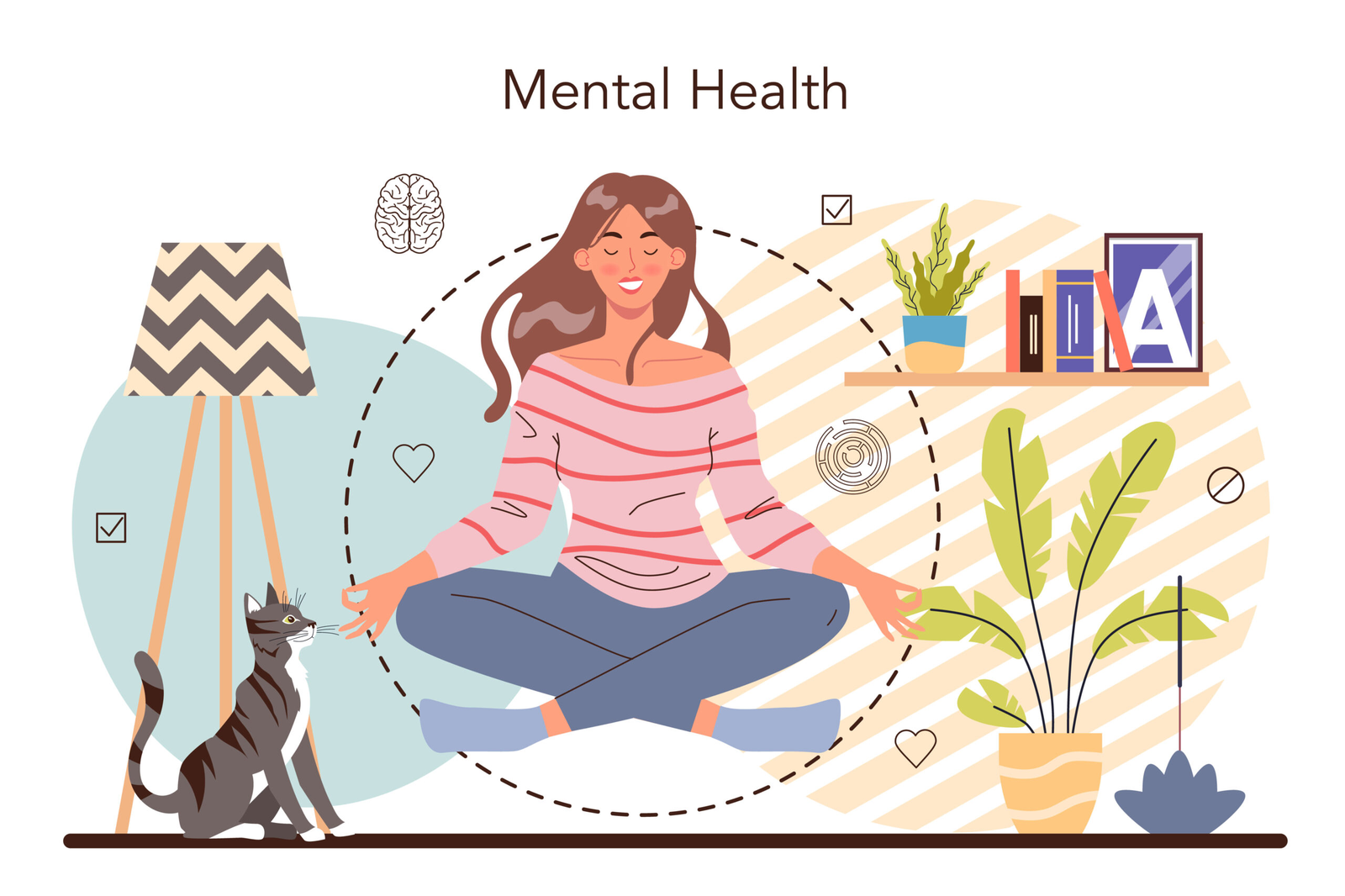
Every small step toward mental health is valuable. Here are a few practical but effective ideas to consider:
- Light Therapy: Particularly helpful during darker months, light therapy has been shown to offer benefits equivalent to antidepressants. Aim for 20 minutes of daily exposure to a therapy lamp.
- Practice Gratitude: Simple gratitude exercises, like listing three things you’re thankful for, can shift your mindset and bring positivity into your day.
- Daily Exercise: Regular physical activity, even just a brisk walk, has been shown to reduce symptoms of anxiety and depression for most people.
- Dietary Changes: Adding a fruit or vegetable to your meals can make a difference. Studies indicate that a healthier diet can reduce depression risk by up to 35%.
- Mindfulness in Daily Tasks: Without setting aside extra time for meditation, you can practice mindfulness during everyday activities like cooking or walking to help lower stress.
Valuing Relationships and Building a Strong Support System
Social connections are essential for mental health, offering support during difficult times and adding joy to our lives. Building and nurturing relationships can provide comfort and resilience in challenging moments.
Easy Strategies for Strengthening Relationships
- Reach Out: Send a quick message to a friend or loved one daily.
- Plan Regular Meet-ups: Schedule weekly coffee dates or phone calls.
- Practice Active Listening: Be fully present and show genuine interest when interacting with others.
Building a Routine Based on Atomic Habits

Creating a routine centered around small habits can help sustain and maximize mental health gains. Start with a “keystone habit”—a foundational practice that sets the tone for other activities.
Advice for Developing a Routine
- Start with One Habit at a Time: Beginning small helps you stay focused and prevents burnout.
- Schedule Specific Times: Make these small activities a part of your daily ritual, like stretching in the morning or journaling before bed.
- Add Gradually: Once one habit feels natural, consider incorporating another.
An excellent example of a keystone habit is regular exercise. Even a short workout can positively impact sleep, energy levels, and productivity.
The Power of Positive Feedback

Celebrating small wins can boost motivation as you develop new habits. Recognizing even the smallest progress helps reinforce positive behaviors and keeps you encouraged on your journey.
Ideas for Positive Reinforcement
- Check off completed habits on a calendar or habit tracker.
- Celebrate yourself. Once you hit a milestone, like a week of regular exercise, treat yourself to something enjoyable.
- Reflect on your progress by noting improvements in resilience, mood, or energy levels.
In Summary – Atomic Habits for Mental Health: Transform Well-Being with Small Steps
Improving mental health doesn’t require major life adjustments. Instead, small, consistent actions can lead to lasting progress. By focusing on one change at a time and gradually building on these adjustments, individuals can create a solid foundation for mental resilience.
Key Points to Remember
- Mental Health as a Spectrum: Mental health is flexible, and symptoms can vary. You have the power to influence your well-being.
- Small Steps Add Up: Small changes taken over time can lead to significant results.
- Start Simple and Consistent: Begin with manageable actions, create a system, and track your progress to build momentum.
- Relationships Matter: Connections are essential for support and well-being.
Remember, small, achievable adjustments in your daily life can have a big impact on mental health. Focus on developing these small habits over time, and watch how they come together to create lasting improvements in your well-being. So, this concludes the topic about Atomic Habits for Mental Health: Transform Well-Being with Small Steps


